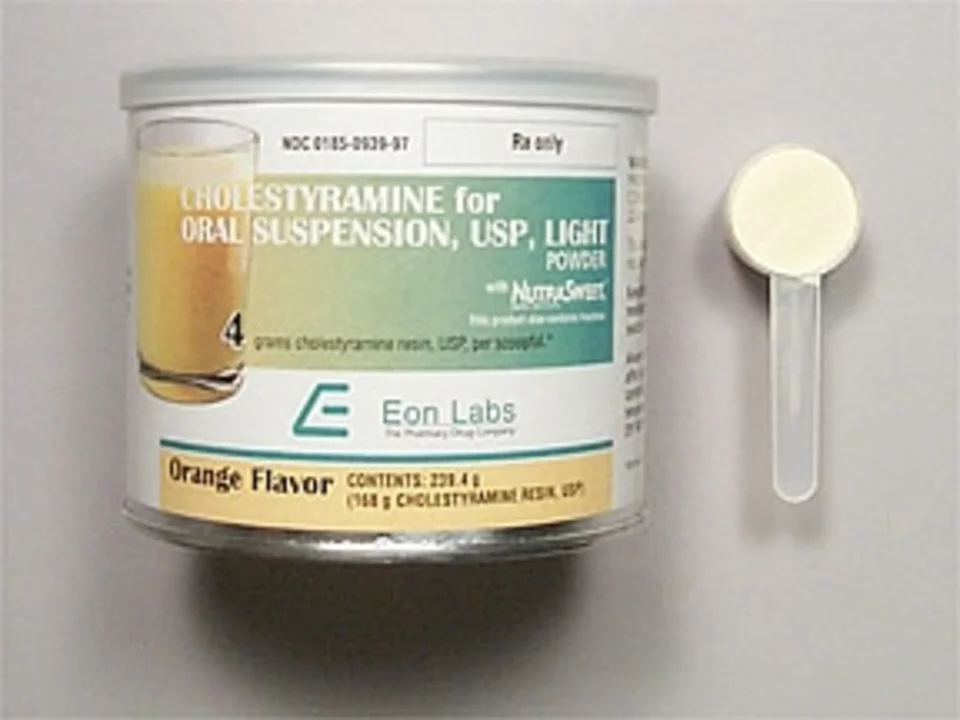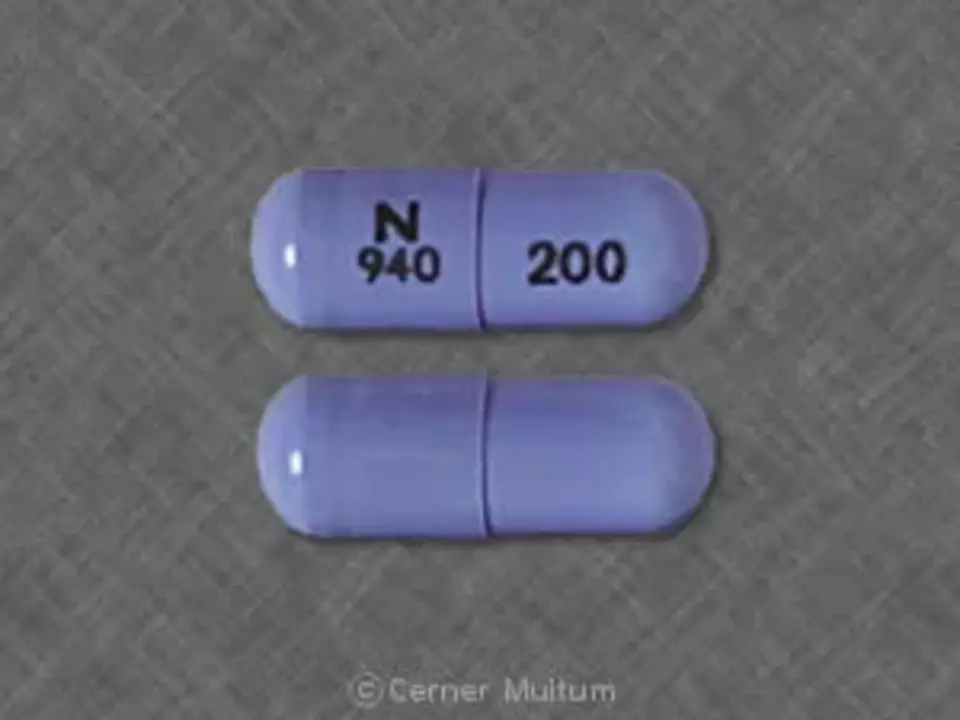Children's Health: Practical Tips for Parents
Taking care of a sick kid is stressful. This page collects simple, reliable tips on medicines, safety, and when to get help. I’ll keep it short and practical so you can act fast when needed.
Safe Medication Use for Kids
Always dose by weight, not by age. If the label lists mg/kg, use your child’s most recent weight and a calculator or ask the pharmacist. Use an oral syringe for liquid medicines — kitchen spoons are inaccurate. Never split adult tablets unless a clinician tells you how to do it safely.
Keep medications in original packaging and check expiration dates. Store them out of reach and in childproof containers. If a medicine requires refrigeration, mark the bottle so caregivers don’t leave it out. Ask the pharmacist about common side effects and interactions — especially if your child takes vitamins, herbal supplements, or other prescriptions.
For antibiotics like erythromycin or ciprofloxacin, finish the full course unless your doctor says otherwise. Stopping early can let bacteria survive and return stronger. For chronic meds such as thyroid medicine, follow lab testing schedules and talk to the prescriber before changing doses.
Buying Medicine Online and Local Care Tips
If you buy medicine online, use a licensed pharmacy. Look for clear contact info, a pharmacist available to answer questions, and requirement for a prescription when one is needed. Avoid sites with extremely low prices and no verified reviews. Expect longer shipping for specialty items and check storage rules for temperature-sensitive meds.
For common problems: fever over 38.5°C (101.3°F) in babies under 3 months needs immediate medical advice. For older kids, treat fever with acetaminophen or ibuprofen by dose per weight and recheck in a few hours. For cough or chest congestion, watch for fast breathing, fainting, or bluish lips — head to the emergency room if these appear. Ear infections may improve in 48–72 hours; call your doctor if pain or fever worsens.
Allergies and eczema can overlap. Antihistamines like cetirizine sometimes help itch but don’t replace moisturizers and steroid creams prescribed for eczema. For suspected parasites after travel, drugs such as mebendazole or praziquantel are used — public health campaigns often give doses by age group, but confirm with a local health worker.
Keep vaccines up to date and bring records to appointments. For minor cuts, clean with soap and water and use an adhesive bandage; for deep wounds get medical help. Learn basic CPR and where to find poison control number; keep it on the fridge. If your child has asthma, make an action plan with peak flow numbers and a spacer for inhalers. For food allergies, carry epinephrine auto-injector and ensure caregivers know how to use it.
Keep emergency contacts and your child’s medical info on your phone and a printed copy. Update it each visit. When in doubt, call your pediatrician or pharmacist. Keep a list of current meds, doses, and any allergies in your phone. That small step speeds care when you need it most. You've got this.
Solifenacin for Kids: Safety, Efficacy & Key Considerations
A detailed guide on using solifenacin in children and adolescents, covering safety, efficacy, dosing, comparisons and practical tips for clinicians.
Cholestyramine for Children: Safety, Dosage, and Considerations
As a parent, I understand how important it is to keep our children safe while treating any health issues they may face. Cholestyramine, a prescription medication used to lower high cholesterol levels, can be prescribed to children as well. When it comes to safety and dosage, it's crucial to follow the guidance of a pediatrician, who will determine the appropriate dose based on the child's age, weight, and medical condition. It's important to note that cholestyramine can sometimes cause side effects such as constipation or stomach pain, so parents should monitor their child closely and report any concerns to their doctor. Lastly, maintaining a healthy lifestyle with a balanced diet and regular exercise is essential for managing cholesterol levels in children.
Acyclovir for Children: Safety, Dosage, and Side Effects
Acyclovir is a common antiviral medication often prescribed for children to treat viral infections like cold sores and chickenpox. As a parent, it's important to know that this medication is generally considered safe for children when administered at the correct dosage. Your child's doctor will determine the appropriate dosage based on their age, weight, and the severity of the infection. Some possible side effects of Acyclovir include mild symptoms like nausea, diarrhea, or headache, but more serious reactions can occur. Always consult with your child's doctor if you have concerns or if your child experiences any unusual symptoms while taking Acyclovir.


